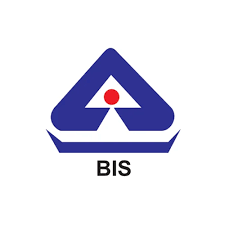
What is BIS Certification?
Role of BIS (Bureau of Indian Standards)
The Bureau of Indian Standards (BIS) is the national body responsible for maintaining quality standards across India. It formulates and enforces standards for various products, from electronics and construction materials to household items. By setting benchmarks for quality and safety, BIS helps in consumer protection and facilitates international trade.
Importance of BIS Certification in India
For foreign manufacturers, BIS certification is critical for accessing the Indian market. It’s not just about legality—having a BIS-certified product enhances credibility and assures Indian consumers that the product complies with the nation’s strict regulatory standards. A BIS certificate also gives foreign brands a competitive edge by establishing their commitment to quality.
Why Foreign Manufacturers Need BIS Certification
Legal Compliance
India mandates BIS certification for a variety of products under several government notifications. Any foreign manufacturer trying to sell or distribute their products without this certification faces the risk of product seizure, fines, or a complete ban. So, if you’re eyeing the Indian market, compliance isn’t a choice—it’s a must.
Market Access and Consumer Trust
Having the BIS mark on your products boosts trust among Indian buyers. It’s a recognized symbol of safety, which is especially important in sectors like electronics, construction, and kitchen appliances. Moreover, many Indian businesses—especially large retailers and government departments—won’t even consider stocking or purchasing products that lack this certification.
Categories Covered Under BIS Certification
Mandatory Certification Products
There are over 450 products that fall under the compulsory BIS certification list. These include:
LED lighting products
Mobile phones and components
Kitchen appliances
Cement
Steel and iron products
Electrical transformers
If your product falls into any of these categories, BIS certification is non-negotiable.
Voluntary Certification Products
For products not under the mandatory list, BIS offers voluntary certification. While this isn’t legally required, obtaining it still provides a strong marketing advantage and builds brand trust in the Indian market.
Types of BIS Certification Schemes
ISI Mark Scheme
The ISI (Indian Standards Institute) mark is one of the oldest and most recognized quality assurance marks in India. It applies to a wide variety of products, particularly those related to manufacturing and industrial sectors.
Compulsory Registration Scheme (CRS)
This scheme is applicable to electronics and IT products. Under CRS, foreign manufacturers must register their products with BIS after successful testing from a BIS-approved lab. Products include mobile phones, laptops, LED lights, and more.
FMCS (Foreign Manufacturers Certification Scheme)
This is the scheme specifically designed for foreign manufacturers. FMCS allows non-Indian manufacturers to obtain the ISI mark for their products by complying with Indian standards. It involves detailed inspections, lab tests, and strict compliance checks.
Step-by-Step Process for BIS Certification for Foreign Manufacturers
Appointing an Authorized Indian Representative (AIR)
If you’re a foreign manufacturer, the first step is to appoint an Authorized Indian Representative (AIR). This individual or entity will act as your local liaison and handle the certification process on your behalf. They must be registered in India and capable of representing your company in legal and procedural matters.
Application Submission
Next, you’ll need to apply through the BIS online portal. This includes uploading documents like:
Company profile
Product details
Technical specifications
Manufacturing process details
Factory address and layout
Make sure everything is accurate and up-to-date. Incomplete applications can lead to unnecessary delays.
Product Testing and Factory Inspection
BIS mandates that your product must be tested in a BIS-approved laboratory in India. Simultaneously, a BIS official may conduct a factory inspection to verify that your manufacturing process aligns with Indian standards. If everything checks out, your product moves to the next phase.
Grant of License
Once all tests are successful and your facility is approved, BIS grants a certification license. You’ll be assigned a unique license number and allowed to use the ISI mark or the appropriate scheme logo on your product packaging.
For more info: https://www.psrcompliance.com/blog/bis-certification-for-foreign-manufacturers-india

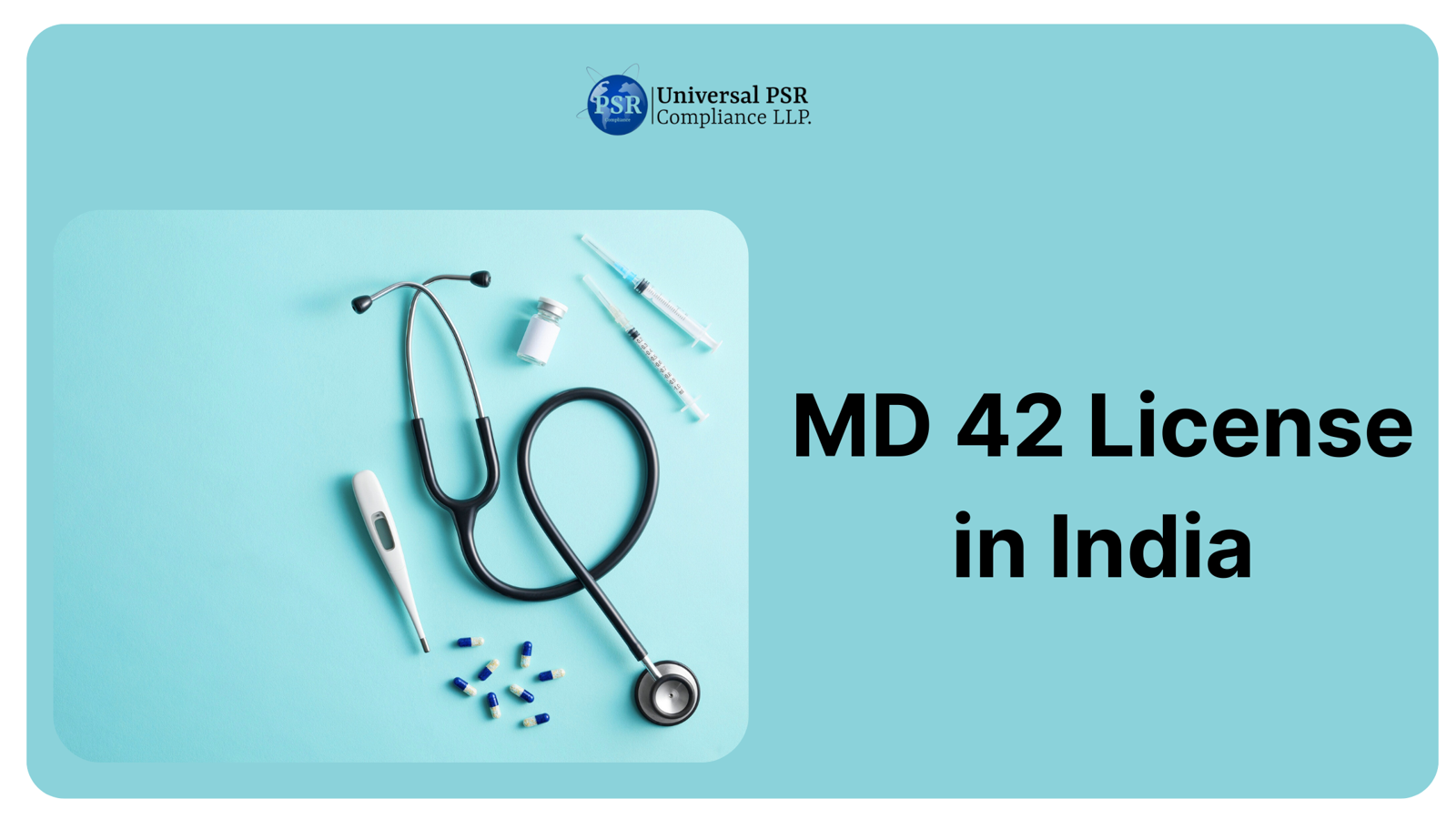
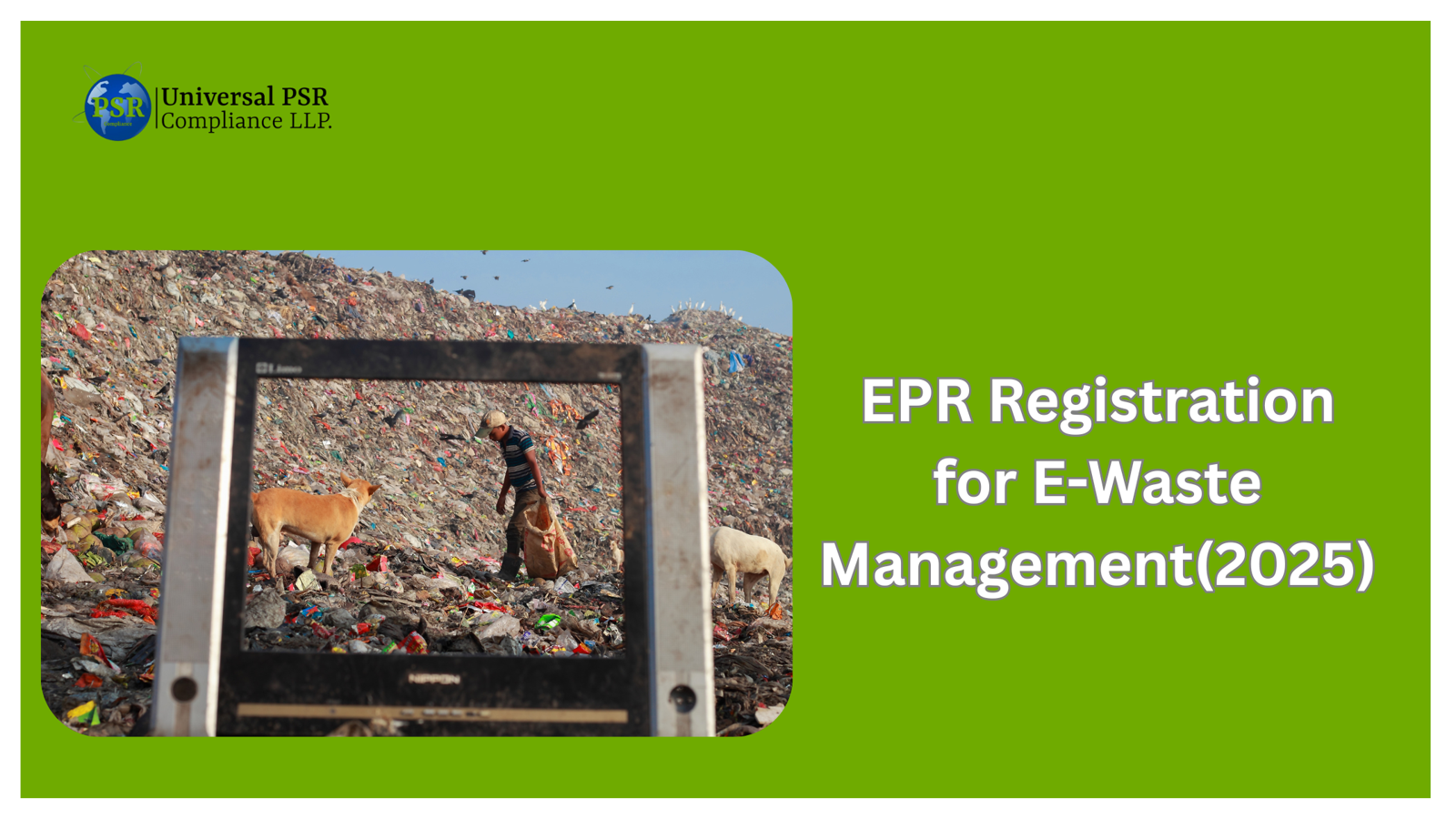

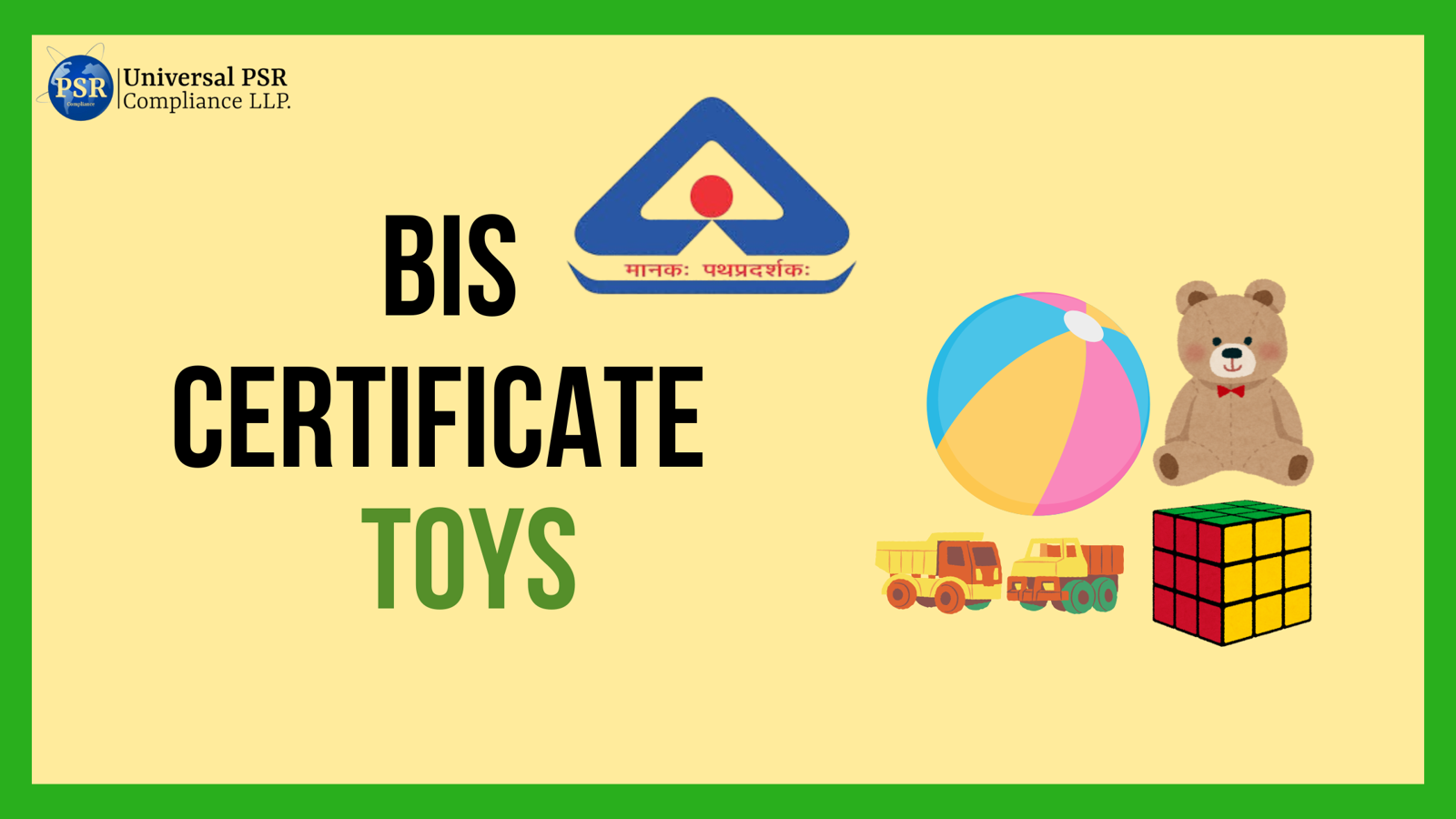






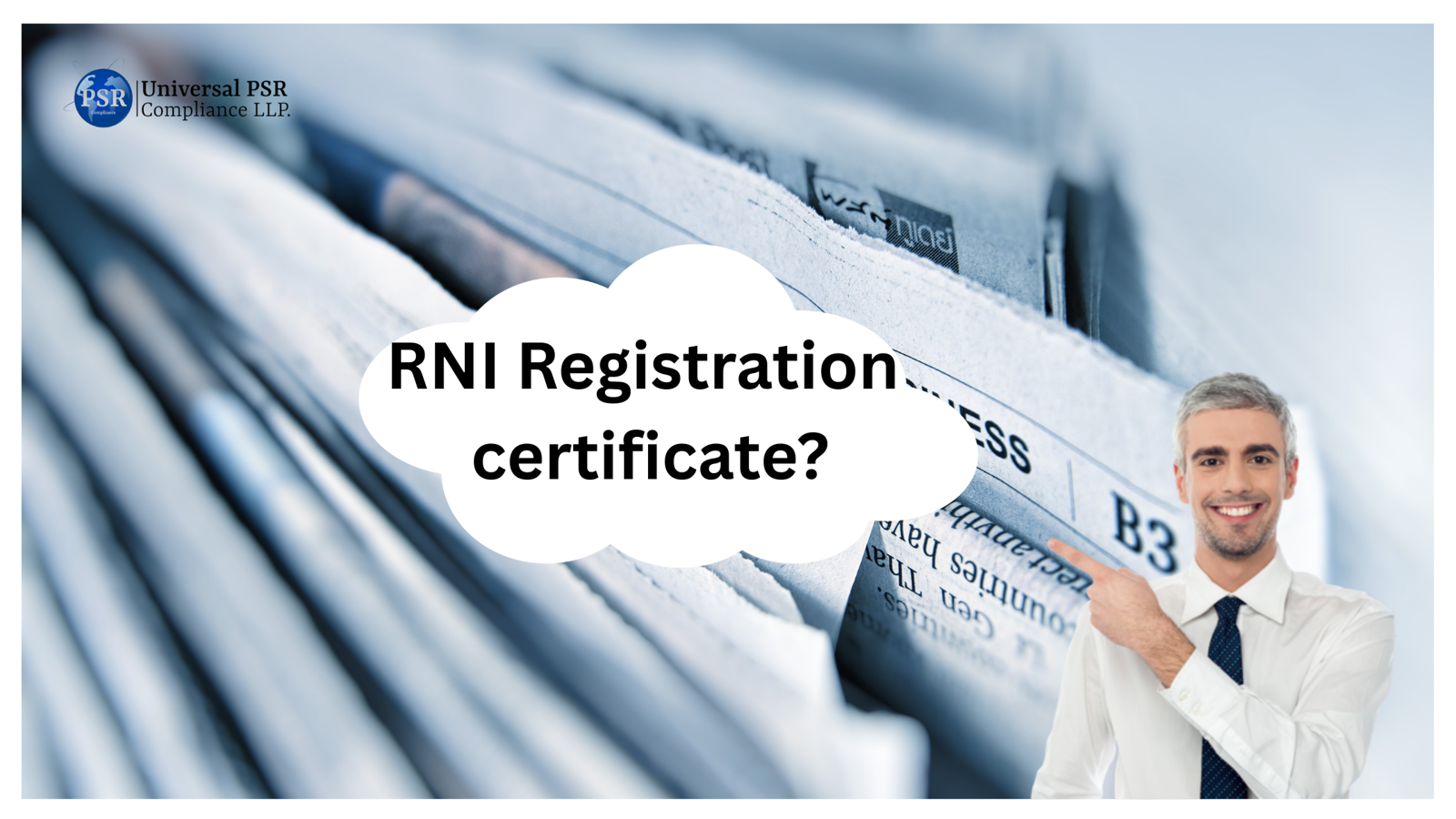







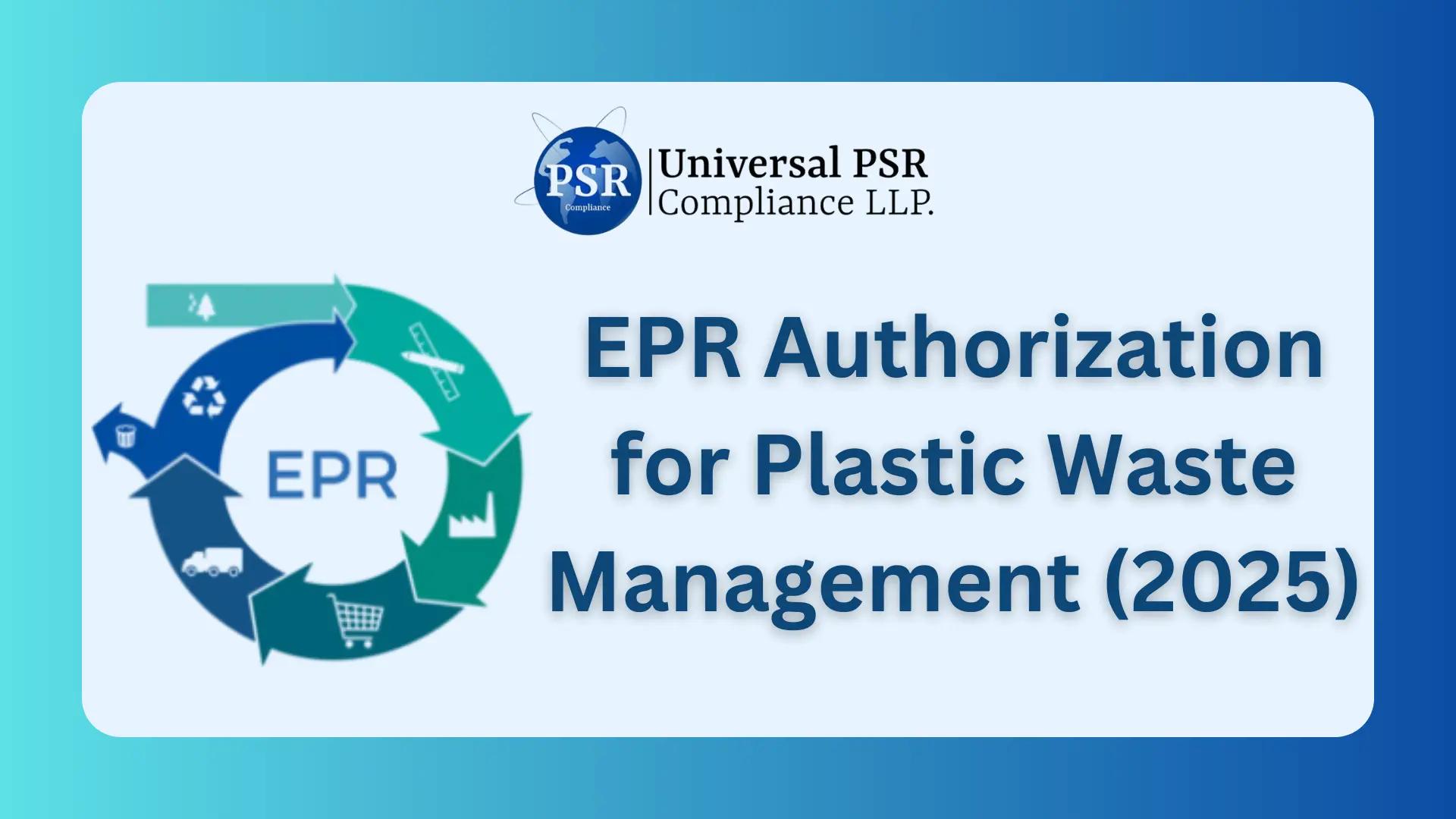
Write a comment ...